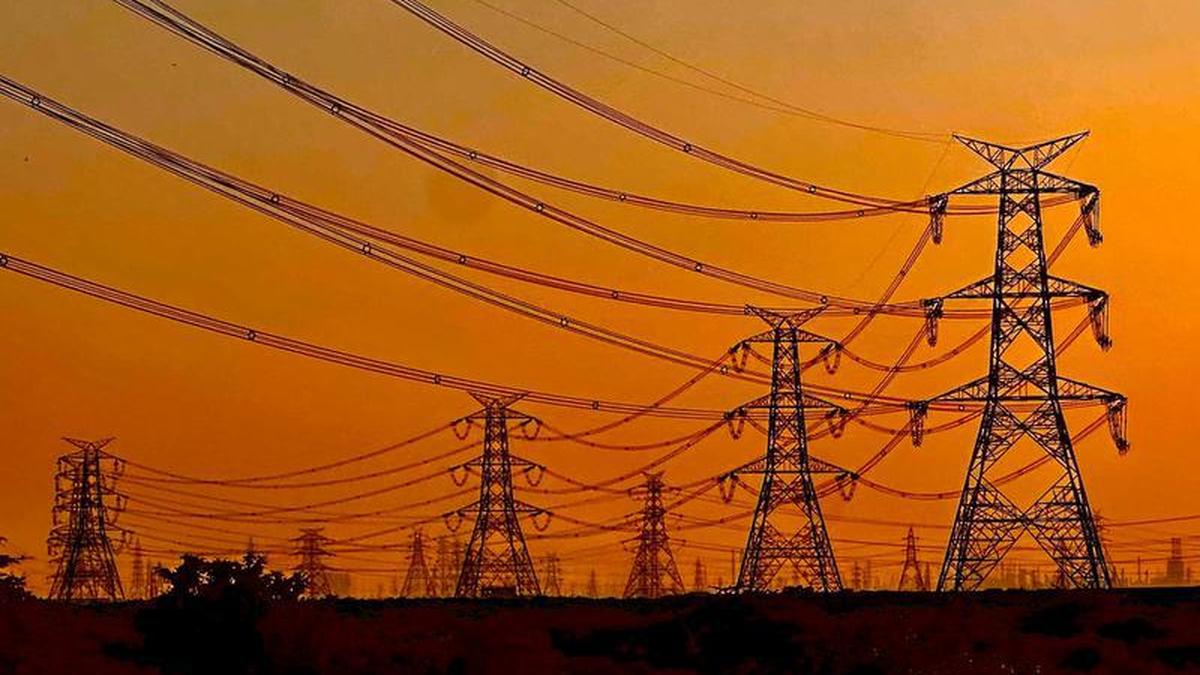ARTICLE AD BOX
Last Updated:June 25, 2025, 19:33 IST
A book on Prime Minister Narendra Modi has revealed how he distributed anti-Emergency literature from Gujarat to rest of the country despite ban on RSS.

Book on PM Modi describes his Emergency days (Photo: X/ Modiarchive)
A book detailing Prime Minister Narendra Modi’s journey during the Emergency was released on Wednesday, revealing several aspects of his life during that period, including how he used the Railways as a means to distribute anti-Emergency literature from Gujarat to different parts of the country.
‘The Emergency Diaries: Years that Forged a Leader’ by the Bluekraft Digital Foundation was released by Union Home Minister Amit Shah.
The book reveals how Narendra Modi, despite a ban on RSS and its branches across the country during Emergency, helped Sangh workers maintain contact with the people associated with the organisation in different parts of the country.
Rupchand Bhai Odermal Sevakani, the Principal of Vidya Bharati School in Panchmahal, Gujarat, reminisced in the book, “My brothers used to work for the Sangh. Narendra Bhai was our Vibhag Pracharak. During the Emergency in 1975, when all newspapers were banned and there was no other source of news, the Panchjanya magazine would arrive weekly. We used to hide it and bring the copies to the office. In those days, there were restrictions imposed on the shakhas of the Sangh. Narendra Bhai guided us on how to maintain contact even in such circumstances. We worked to ensure that the magazine reached all the workers and activists. Through this, the activists would know what was happening and how to voice their dissent against the government."
The book further said that even though Modi’s work was in his home state, his responsibilities also extended beyond Gujarat.
“In collaboration with senior RSS leaders like Nath Zagda and Vasant Gajendragadkar, Modi found innovative ways to disseminate information to other states. Recognizing the risks associated with using the postal system, he suggested utilizing the railway network instead. He believed that approach would make it easier to send anti-Emergency literature to other states while minimizing the risk of getting caught. He loaded materials related to the Constitution and the Congress government’s excesses onto trains departing from Gujarat and successfully disseminated such literature to various parts of the country with a considerably lower risk of detection," the book read.
Prakash Mehta, a Sangh worker from Gujarat currently residing in Australia, shared his experiences of the Emergency days in the book and said, “When we were working underground, Modi would travel in different disguises, portraying himself as a priest and in various other attire. One day, he came to my house in the guise of a Swamiji. Many people gathered at our house to meet and seek blessings from the Swamiji. I told people that Swamiji was currently resting, and during the night, we moved him to another place. Modi, as a Lok Sangharsh Samiti member, was entrusted with the responsibility of being on the ground and sending news materials to Gujarat and other parts of the country."
“The first challenge was gathering credible information in an atmosphere of fear and surveillance. The second—arguably even more daunting—was actually printing the material. This had to be done entirely underground. If the authorities caught wind of these operations, they would seize the printing presses and arrest every individual involved. Even after successful printing, the next phase—distribution—was fraught with even more danger. The literature had to be secretly transported to various cities and villages, and from there, it was to be delivered secretly from door to door. Every step in this chain posed a risk of imprisonment. Yet, despite these overwhelming odds, workers like Narendra Modi rose to the occasion. He not only ensured the regular publication of anti-Emergency literature but also took on the perilous responsibility of distributing it throughout Gujarat. In those dark times, literature and publications played a vital role in keeping the democratic flame burning in the hearts of citizens," the book read.

Ashesh Mallick is a Sub-Editor with over three years of experience in news writing, video production. He primarily covers national news, politics and global affairs. You can follow him on Twitter: @MallickAshes...Read More
Ashesh Mallick is a Sub-Editor with over three years of experience in news writing, video production. He primarily covers national news, politics and global affairs. You can follow him on Twitter: @MallickAshes...
Read More
- Location :
- First Published:
News india Book Reveals How PM Modi Distributed Anti-Emergency Literature From Gujarat To Rest Of India



.png)
.png)
.png)
















 4 hours ago
5
4 hours ago
5









 English (US) ·
English (US) ·